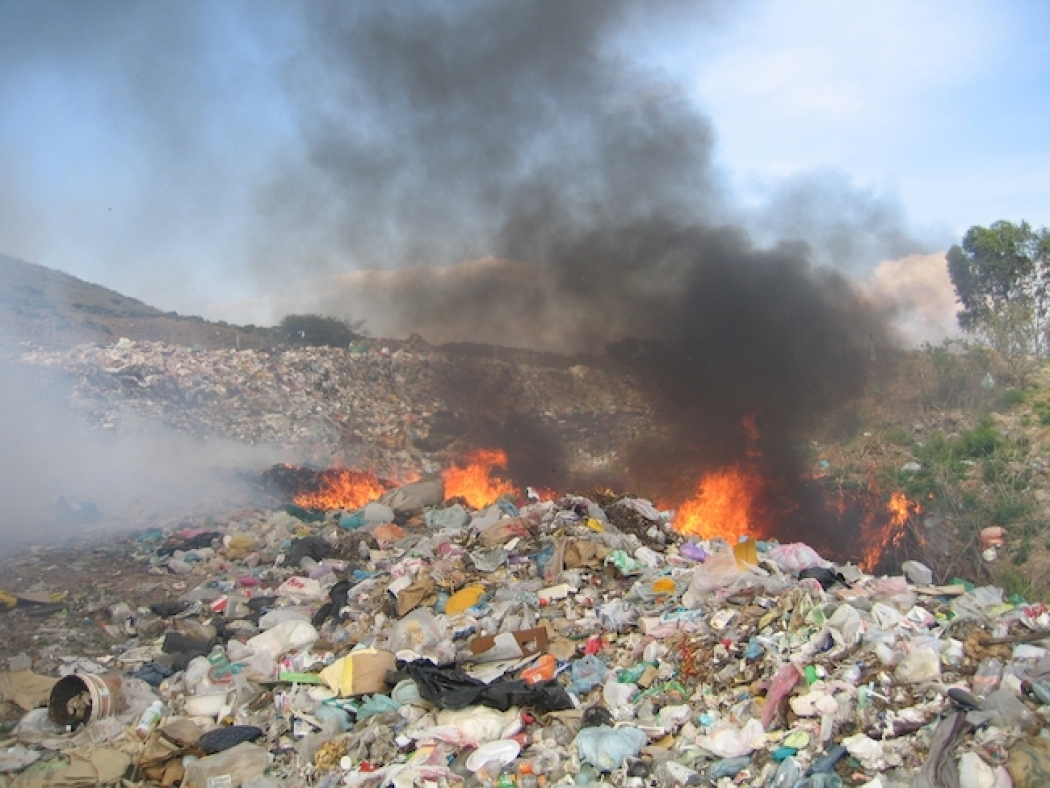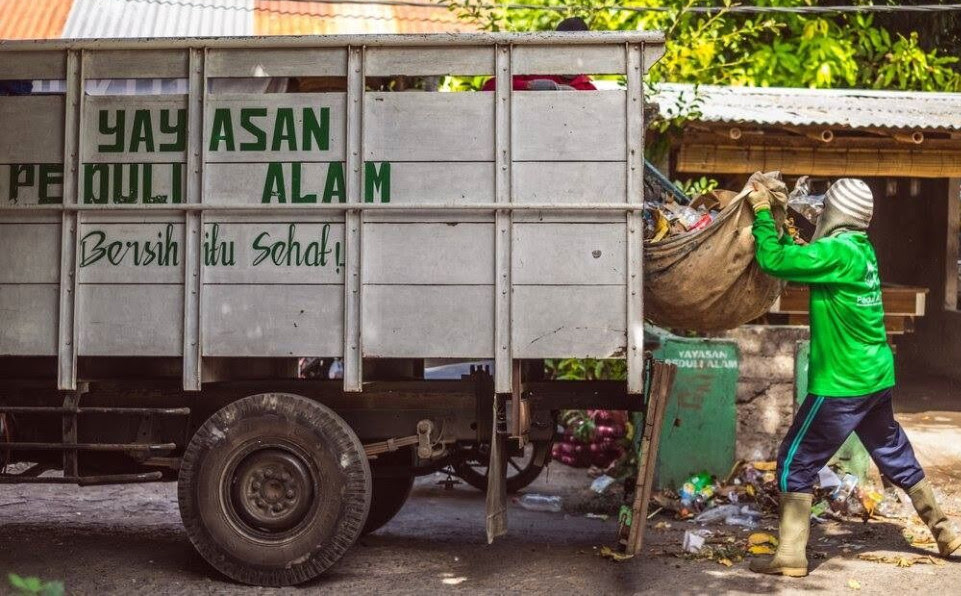September 26 is World Environmental Health Day.
In March, Margaret Chan, Director General of the World Health Organization (WHO), said that air pollution is a “major public health issue of our generation,” and that poor air quality affects more than 80% of the world’s population.
While industrial carbon outputs, motor vehicle exhaust and coal emissions account for a large portion of poor air quality, the practice of burning plastic waste is incredibly dangerous to both environmental and human health. Estimates indicate that about 40 percent of waste globally is dealt with by burning. Historically, small and rural communities burn biodegradable waste, but the introduction of nonrenewable items like plastic have added a new danger.
The toxins released by burning waste have been linked to lung and neurological diseases, as well as heart attacks and some cancers.
Trash Hero Amed has been a leader in community waste management. Last year, they collaborated with a local non-profit, Peduli Alam, and developed a collection system for non-organic waste, provided to the community free of charge. Peduli Alam has built and installed more than 200 public rubbish bins and another 350 individual bins across 700 families, local restaurants and schools. The waste is collected almost daily and transported by Peduli Alam to a regional sorting station and a landfill site. Trash Hero World supported Peduli Alam to finance a new truck so they can continue the waste removal service for the Amed community.
Is trash burning a problem in your community? Contact us so we can help collaborate to work toward a solution.

Estimates indicate that about 40 percent of waste globally is dealt with by burning.


Join the conversation